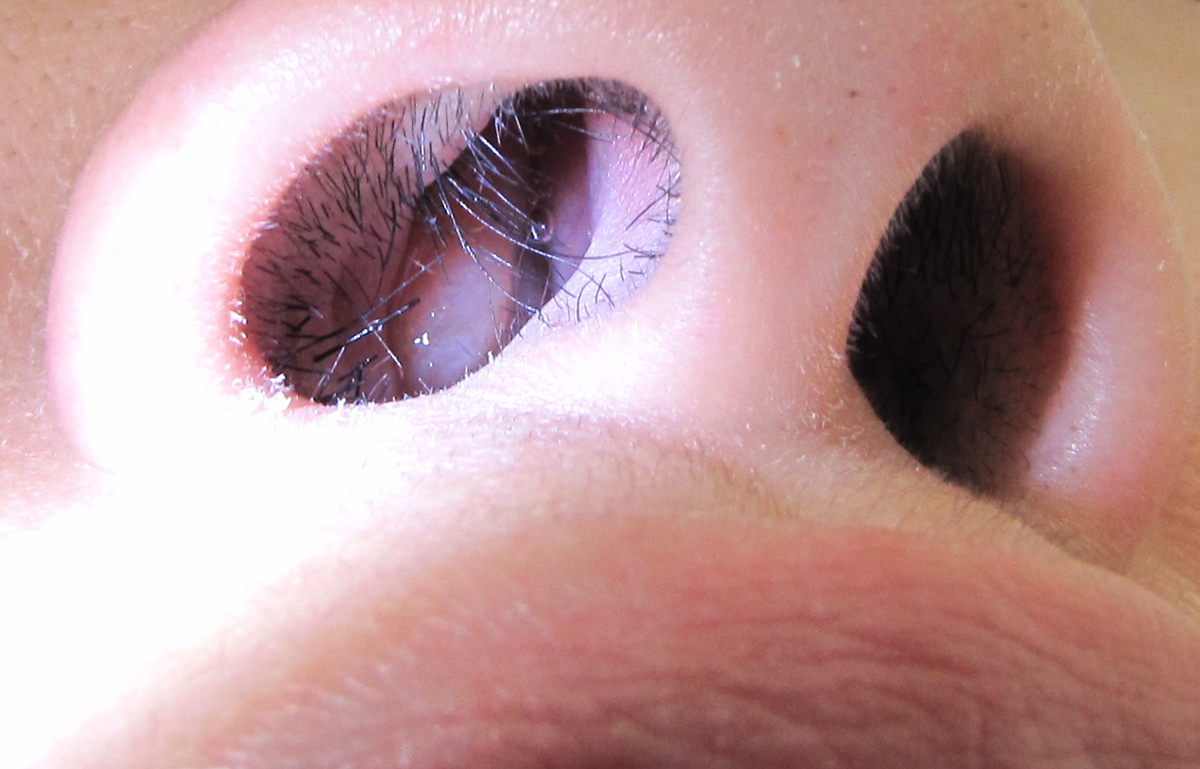
Nasal polyps are soft, painless growths on the lining of the nasal passages or sinuses, hanging down like teardrops or grapes. They are not cancerous or malignant. Polyps are result of chronic inflammation of the lining, caused by recurring infections, allergies, hypersensitivity to certain medications and similar factors.
Nasal polyps do not necessarily cause symptoms, especially if they are small. Larger polyps, or polyps present in large number, may cause some problems, such as blockage of nasal passages, breathing problems, impaired sense of smell and frequent nasal infections.
These polyps are most often seen in adults than in children, although they can affect anyone. As for the treatment, medications can make the polyps smaller or even eliminate them, but sometimes they can only be removed through surgery. However, even after they are gone, nasal polyps can grow back again.
Prevention of nasal polyps
Naturally, after hearing about polyps, everyone wonders if and how they can be prevented. The fact is, it is possible to reduce the chances of developing nasal polyps or of recurring polyps after treatment.
One step is to manage asthma and allergies, conditions known for increasing the risk of nasal polyps. It is best to talk to the doctor and to find out what are the best ways to do so and to alleviate the symptoms too.
All forms of nasal irritants should be avoided. This means allergens, tobacco smoke, dust, pollution, chemical fumes and similar. Indoor humidifiers are highly recommended, especially in the bedroom, because dry air irritates the nasal passages and their mucous lining.
Good hygiene is an efficient way to prevent nasal infections and to reduce the chance of nasal polyps. Frequently washing hands is the most important step.
Nasal rinse, saline solution sprays and nasal lavage are also very efficient in prevention of nasal polyps. They clear the nasal passages and moisturize and nourish the lining, making it less susceptible to irritation, infection and inflammation. Saline solution sprays and nasal lavage kits can be purchased over-the-counter, and it is also possible to make saline solutions at home. Saline solution is made by mixing one eighth of a teaspoon of non-iodized sea salt or table salt with eight ounces of warm distilled or filtered water. Saline solution and nasal lavage can be done daily, especially during cold and flu seasons.
There is only so much one can do to prevent nasal polyps. If they do appear, it is best to see a doctor and find out about ways to manage them.



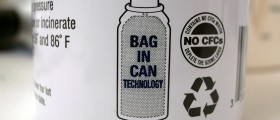
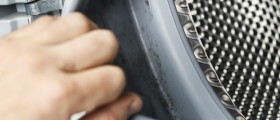





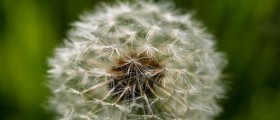
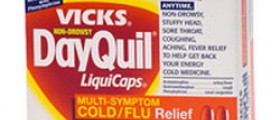

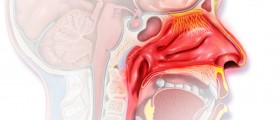
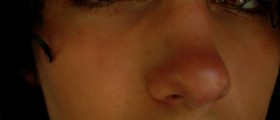
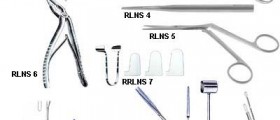

Your thoughts on this
Loading...